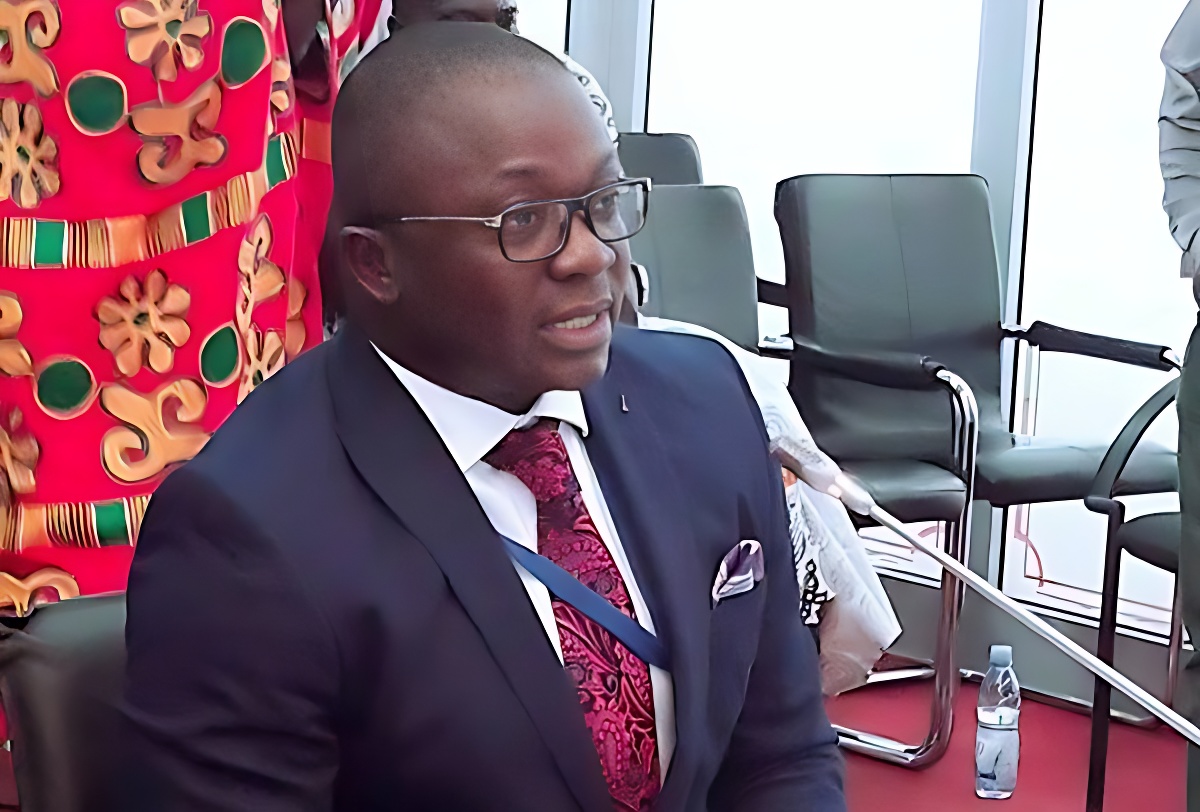Dr. Bryan Acheampong, the Minister of Food and Agriculture, has initiated a groundbreaking ceremony to commence infrastructural projects aimed at enhancing agriculture and market accessibility across the nation.
The GH¢35 million projects, funded through a loan from the International Fund for Agricultural Development (IFAD), are part of the emergency support to rural livelihoods and food systems affected by COVID-19 (ESRF).
The projects encompass the construction of farm tracks (roads), water harvesting schemes, drying platforms, and boreholes, with the objective of fortifying the agricultural landscape and facilitating the implementation of the Planting for Food and Jobs Phase Two (PFJ2.0) programme.
Dr. Acheampong emphasized that the initiatives would foster improved market access, increased crop yields, water resource management, and enhanced post-harvest practices, ultimately uplifting the livelihoods of farmers.
Key highlights of the project include the construction of 100 hectares of water harvesting schemes in South Tongu and Ketu districts, the establishment of sixteen commodity drying platforms, and the development of 29.5 kilometers of farm tracks across various regions. Additionally, 20 boreholes are slated for construction in strategic areas to address water scarcity issues.
During the launch ceremony in Kwasi Fante, Eastern Region, Dr. Acheampong urged contractors to uphold quality standards and adhere to project timelines. He underscored the importance of effective supervision by agencies such as the Ghana Irrigation Development Authority (GIDA) and the Department of Feeder Roads (DFR) to ensure successful project execution.
Dr. Hayford Baah-Adade, the ESRF Programme Coordinator, highlighted the program’s focus on supporting smallholder farmers and communities affected by the COVID-19 pandemic and climate change. He emphasized the selection of contractors based on their expertise and track record in delivering infrastructural works.
The projects, categorized into three components, aim to combat hunger, safeguard rural marketing linkages, ensure food security, and bolster project management and evaluation mechanisms.
Dr. Acheampong expressed gratitude to IFAD for their support and urged other development partners to collaborate with the ministry in enhancing agricultural practices to ensure food security and improve livelihoods across the nation.


Comments are closed.